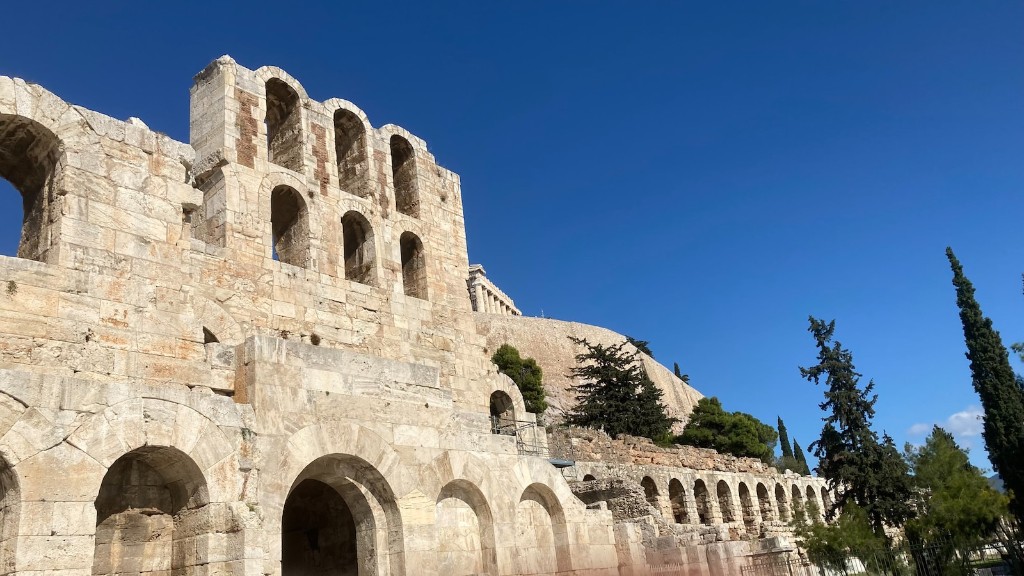Are there horses in ancient Greece?
Introduction
Horses have played a significant role in human civilizations throughout history. Ancient Greece, with its rich cultural heritage, has often been associated with horses. However, the presence and importance of horses in ancient Greece remain a topic of debate among scholars. In this article, we will explore the evidence surrounding the existence, usage, and cultural significance of horses in ancient Greece.
Evidence of Horses in Ancient Greece
The presence of horses in ancient Greece is well-documented through various forms of evidence. Archaeological findings, such as pottery, sculptures, and paintings, depict horses in different contexts, including warfare, chariot racing, and everyday life. These artifacts suggest that horses were indeed present in ancient Greece.
Furthermore, ancient Greek literature, such as Homer’s epic poems, make frequent references to horses and their roles in various narratives. The descriptions of horse breeding, training, and equestrian events provide valuable insights into the significance of horses in ancient Greek society.
The Use of Horses
Horses served several practical purposes in ancient Greece. They were used in warfare, providing mobility and speed to the Greek armies. Cavalry units played a vital role in battles, allowing for swift maneuvers and the ability to strike enemies from different angles.
Moreover, horses were also used for transportation and communication purposes. They facilitated trade and allowed for the transport of goods and people over long distances. Horses were often the preferred mode of transportation for messengers, enabling the fast and efficient relay of information.
Cultural Significance
Beyond their practical use, horses held a significant cultural and symbolic meaning in ancient Greece. They were often associated with gods and goddesses, representing power, nobility, and divine attributes. The horse played a prominent role in Greek mythology, with mythical creatures such as Pegasus and the Centaurs captivating the imagination.
Chariot racing, a popular sport in ancient Greece, further exemplified the cultural significance of horses. It was not only a spectacle for entertainment but also a display of wealth, social status, and athleticism. The chariot races held during major festivals became a symbol of Greek identity and unity.
Conclusion
In conclusion, there is ample evidence to support the existence and importance of horses in ancient Greece. Archaeological findings, literary references, and cultural practices all point towards the significant role horses played in Greek society. From serving in warfare and transportation to being a symbol of divine power and cultural unity, horses left an indelible mark on the ancient Greek civilization.


